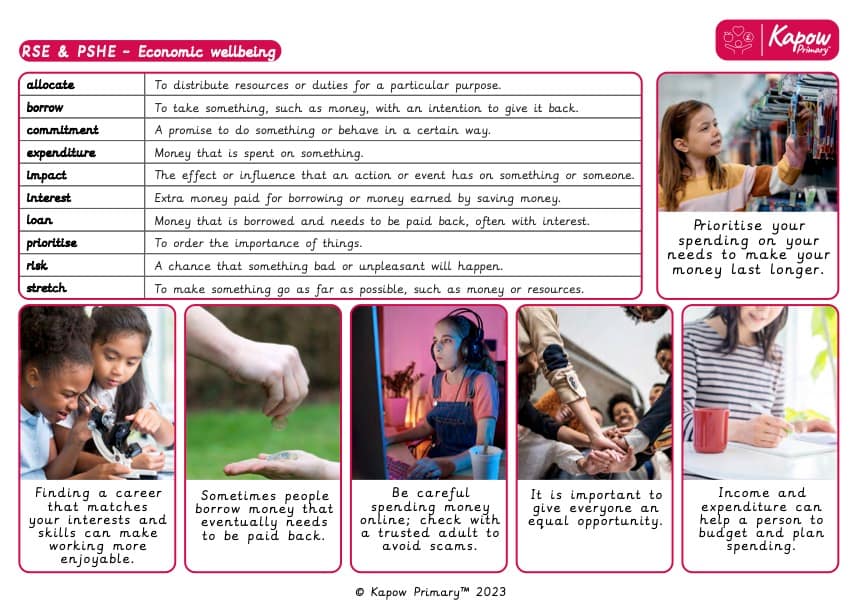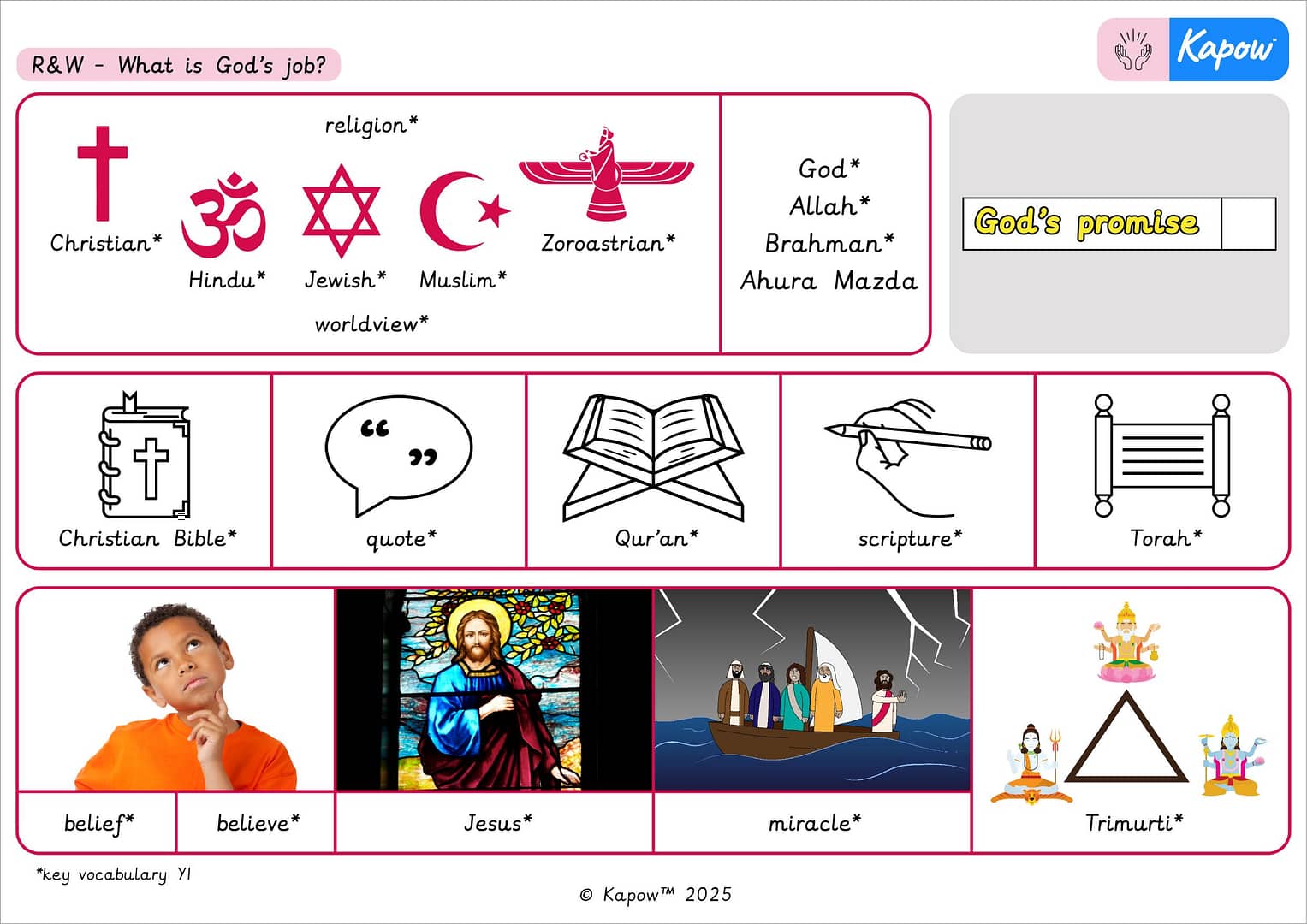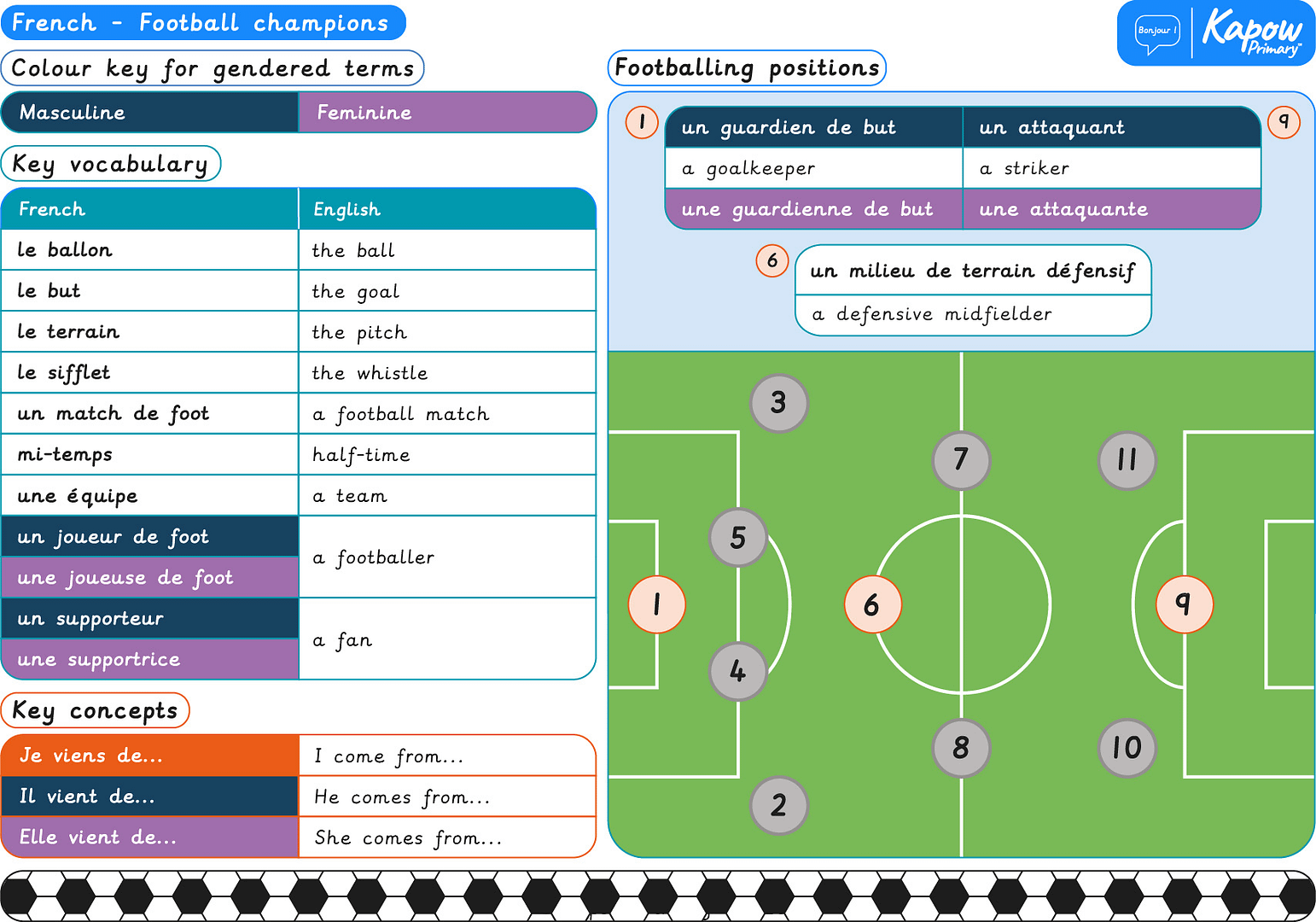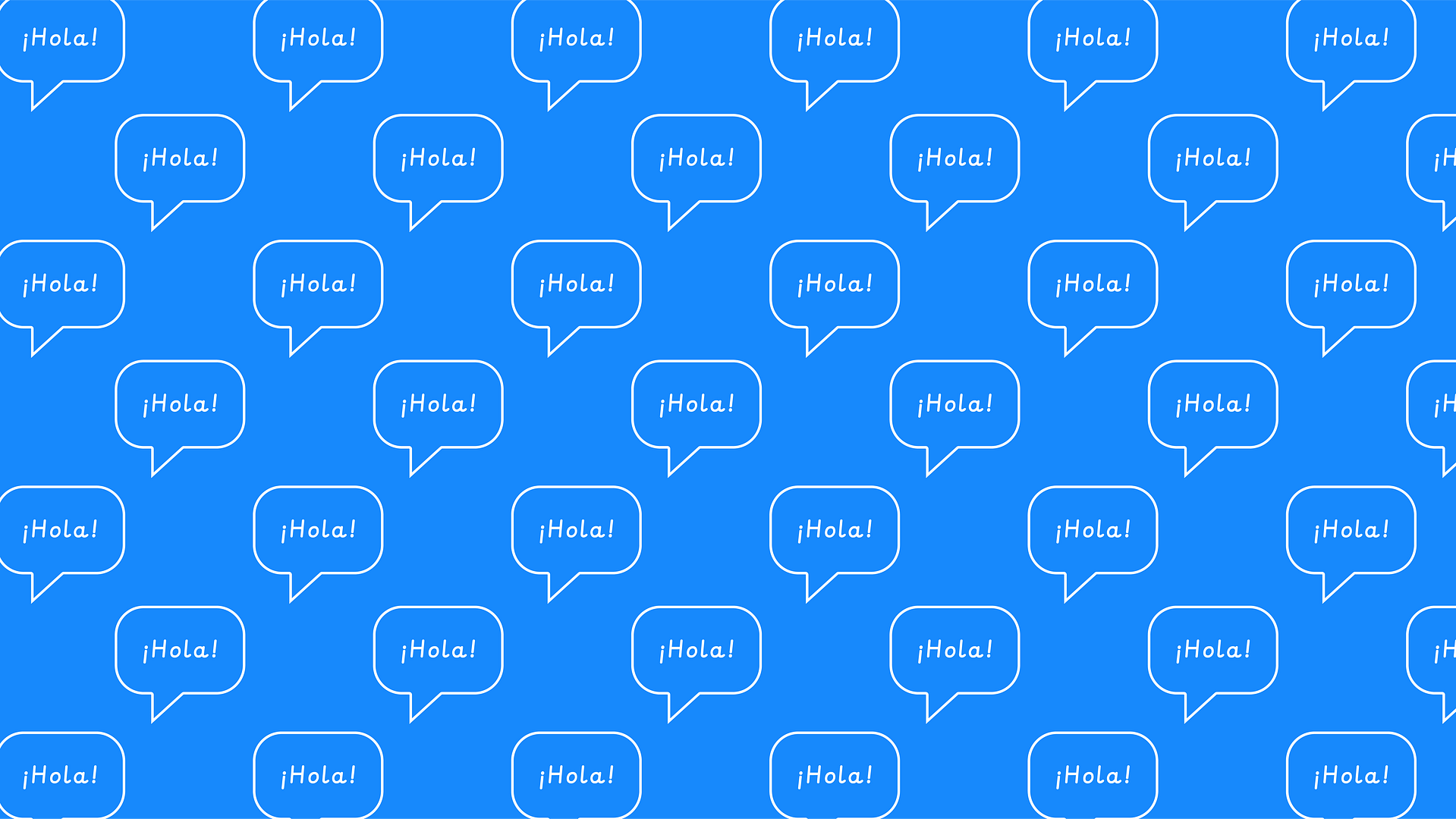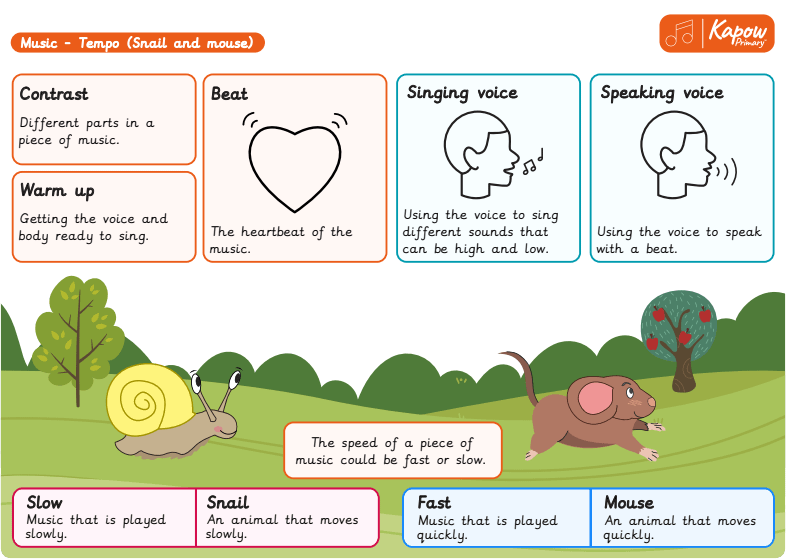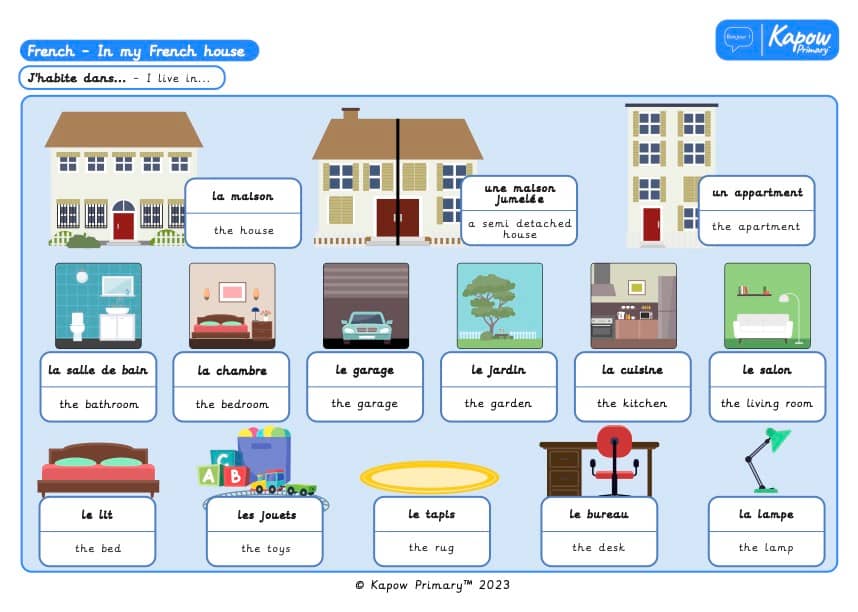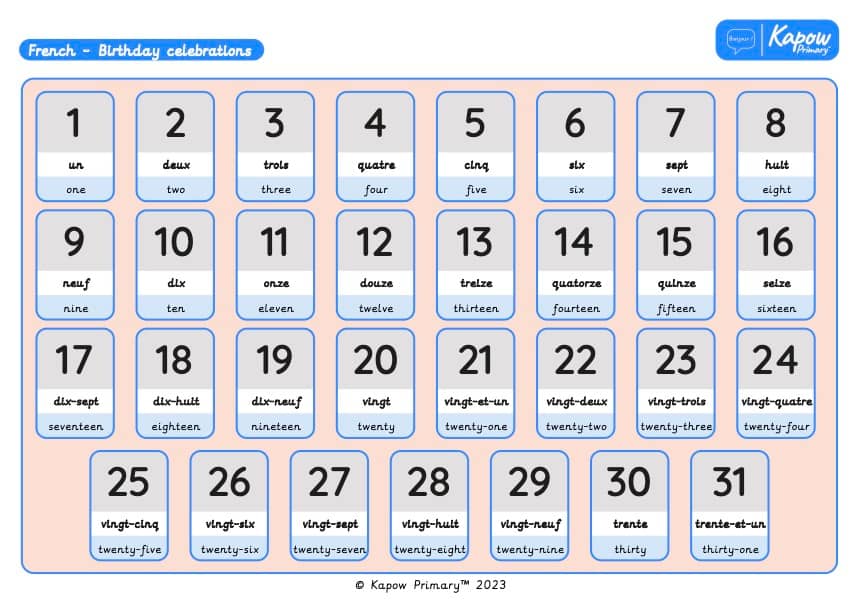Featured Document Type: Knowledge organiser
*New* Knowledge organiser: RSE & PSHE – Year 5 Economic wellbeing
Knowledge Organiser – French Y5/6 (A): Meet my French family
A Knowledge organiser that captures the essential knowledge and skills learnt throughout the unit French, Year 5/6 (A), Meet My French Family.
This French resource is designed to support the pupils as they learn vocabulary and phrases related to family members and relationships. It introduces key vocabulary such as mother, father, siblings, grandparents, and pets, helping the pupils develop their French-speaking, listening, and reading skills. The pupils will also learn how to describe their family members, discuss relationships, and engage in simple conversations about family life.
Knowledge organiser – R&W Y1: What is God’s job?
Knowledge organiser – French Year 6: French football champions
A Knowledge organiser that captures the essential knowledge and skills learnt throughout the unit French, Year 6, Football Champions.
This French resource is designed to support the pupils as they learn vocabulary and phrases related to football and sports. It introduces key vocabulary such as team, match, goal, positions, and celebrations, helping the pupils develop their French-speaking, listening, and reading skills. The pupils will also learn how to describe football matches, discuss their favourite teams, and engage in simple conversations about sports.
Knowledge organiser: In a Spanish café
Knowledge organiser – Music Year 1: Tempo (Snail and mouse)
A Knowledge organiser that captures the essential knowledge and skills learnt throughout the unit Music, Year 1, Tempo (Snail and Mouse).
This Music resource is designed to support the pupils as they explore the concept of tempo and how it affects the mood and movement of music. It introduces key vocabulary such as tempo, fast, slow, beat, and rhythm, helping the pupils understand how changes in speed can create different effects in music. The pupils will also learn how to identify and respond to tempo changes in songs and compositions.
Knowledge organiser – French Y5/6 (B): In my French house
A Knowledge organiser that captures the essential knowledge and skills learnt throughout the unit French, Mixed-Age Year 5/6, In My French House.
This French resource is designed to support the pupils as they learn vocabulary and phrases related to the home and household objects. It introduces key vocabulary such as rooms, furniture, prepositions, and descriptions, helping the pupils develop their French-speaking, listening, and reading skills. The pupils will also learn how to describe their house, talk about where objects are located, and engage in simple conversations about home life.
Knowledge organiser – French: Birthday Celebrations
A Knowledge organiser that captures the essential knowledge and skills learnt throughout the unit French, Mixed-age Year 3/4 Cycle B, Birthday Celebrations.
This French resource is designed to support the pupils as they learn vocabulary and phrases related to birthdays and celebrations. It introduces key vocabulary such as months, numbers, party items, gifts, and greetings, helping the pupils develop their French-speaking, listening, and reading skills. The pupils will also learn how to say when their birthday is, describe birthday traditions, and engage in simple conversations about celebrations.


